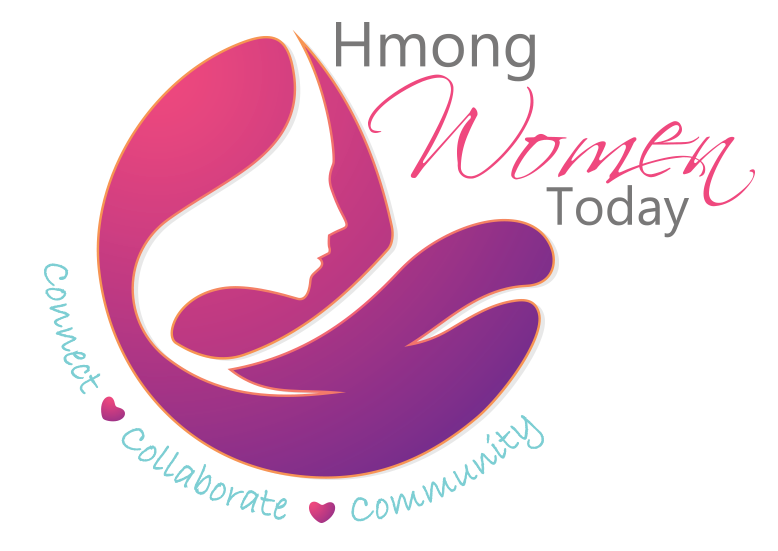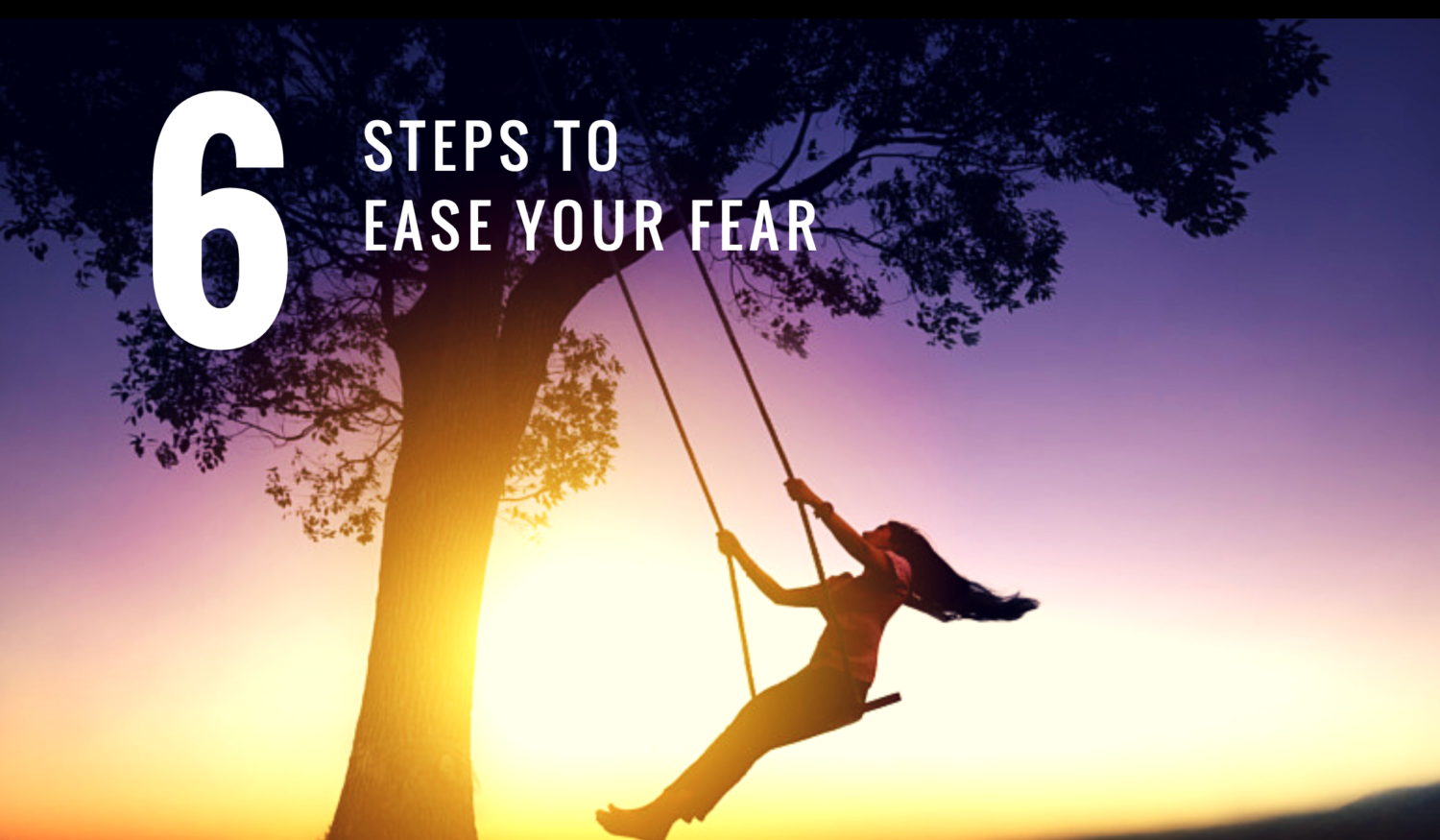“I’m going to start my own business,” said A.
“You’re going to do what?” questioned B.
“Start my business,” A said.
“What about the money?” B said.
“I did the calculations, and I don’t believe it will cost me much to start my business.” “I will also be careful and watch my business spending”. A said.
B: “What if you don’t make any money?” “What if you end up wasting the money in your savings?” “Do you even know what you are doing?” “Are you sure you have the knowledge, skills, and abilities to do this work?” “I mean you don’t have any experience.”
The above conversation was my mental chatter around fear before I launched my business back in October 2015. We all experience mental chatters. We either do it consciously or unconsciously based on our conditioning, experiences and thoughts.
If you’re like me, you know the fear of doing something new. When I first launched my business, I remember constantly being fearful of whether or not I was doing the “right” thing. I was afraid of:
- getting into more debt
- not having enough skills
- not enough knowledge and abilities
- being judged
- failing
- and all of the unknowns.
Fear constantly ruled my mind and I was torn. It wasn’t until I was going through a life coaching certification course that I learned how to shift my mental dialogues and consciously turn fear into positive fuel instead.
The truth is, fear is something natural and we all have it. Unfortunately, we have been conditioned to avoid anything that causes fear and we associate fear as “bad”.
For example:
“Don’t use a gun because you can get hurt or hurt someone really bad.”
“Don’t go swimming in a lake because people have died swimming in lakes.”
You know, the list goes on.
Fear can feel so real and is affirmed through our experiences. For example, when a guy asked a girl out and got rejected, he isn’t likely to do it again. Or a woman who just had her heart broken, is going to form a belief that “love hurts” and will not want to fall in love ever again.
So how do you overcome fear?
Change your mindset around fear.
Fear is not good nor bad. Fear offers us the opportunity to know ourselves a little better. The next time you experience fear, instead of avoiding it, try exploring it further. Now, I’m not talking about situations that put you in imminent danger such as when someone is running towards you with a knife. I’m talking about situations that require further contemplation. For example:
You’ve been asked to speak to a large group of people. You’re excited but afraid.
What comes up for you?
What thoughts do you have?
What scares you?
Where is the fear sitting in your body?
Which thoughts are yours and which ones may be saboteurs/gremlins/inner critic. Think about these things.
The next time you’re up against something new and you begin to feel a fear around it, I offer you the following 6 steps to ease your fear.
1. Practice mindfulness. Breathe and be very present with your fear.
- leaning in and feel it
- being aware of the fear
- notice how it makes you feel
- notice what comes to mind
- what physical reaction, if any, do you have?
2. Brain dump. Sort out the thoughts mentally and write it on a piece of paper.
- Afraid of judgment (e.g., looking stupid, sounding stupid)
- Afraid of public speaking
- Afraid of making a mistake/saying the wrong words
- Afraid people won’t resonate
- Afraid people will boo/hate it
- Afraid of being exposed – pretending to be someone you may not be
- Afraid of stuttering
- Afraid the technology will not work
3. Cross out anything on the list that is not in your control. A lot of our fears are things that are not in our control. So if the things are not in our control, what can be done about it? Essentially, nothing. Instead of focusing on the things we can’t control, focus on what we can do about it right now.
Afraid of judgment (e.g., looking stupid, sounding stupid)- Afraid of public speaking
- Afraid of making a mistake/saying the wrong words
Afraid people won’t resonateAfraid people will boo/hate it- Afraid of being exposed – pretending to be someone you may not be
- Afraid of stuttering
Afraid the technology will not work
4. Explore the ones that are not crossed out. Write what is true next to it. Think of ways you can do something about it as the next step.
- Afraid of public speaking. (Yeah, I’m afraid of public speaking, but that’s because I’m afraid to be judged, exposed, etc. I realize that public speaking is not the issue, it’s the other things associated with it.)
- Afraid of making a mistake. (Yeah, I can definitely make mistakes during my speech, but I’m going to do my best. I can’t worry about a mistake I haven’t yet made.)
- Afraid of being exposed – pretending to be someone I may not be. (No, I believe that I am being me.)
- Afraid of stuttering. (I will practice my speech and center myself before my speech so that I don’t get too nervous and stutter Again, I can’t worry about a mistake I haven’t yet made.)
I noticed that “being afraid” is something I can control and being afraid of things that haven’t happened or that is out of my control does not serve me to be my greatest potential self.
5: Practice letting go. Practice letting go of the thoughts/fears that don’t serve you. You can use mindfulness or mantras or simply tear off the list on this paper apart and declare, “I’m letting go of being afraid of being exposed, I’m letting go of things that I don’t know that will or will not happen, etc.”
6. Anchor yourself with empowering states to ease your mind and uplift your spirit. What works for me is reading inspirational quotes, listening to motivational speakers, and speak words of mantra. Others listen to their happy song, do a happy dance or use a personal prayer. Know what fuel you with confidence, happiness, and hope and use them as your tools. Find what works for you. Practice emotional and mental control and fear will stay at bay.
Like Will Smith said,
Fear is not real. The only place that fear can exist is in our thoughts of the future. It is a product of our imagination, causing us to fear things that do not at present and may not ever exist. That is near insanity. Do not misunderstand me danger is very real but fear is a choice.
And, like many things in life, having the courage to face your fear is a daily practice. What works for me may not work for you. What’s important is for you to know and embrace fear as an opportunity to learn and grow. The truth is, we can not avoid fear. In fact, having no fear at all is probably not a good thing either. Fear is here to help us stay alive and to challenge us to expand. We might as well learn to work with it so that it doesn’t become our limitation to hold ourselves back so that we can reach our full potential.
About the Author

Yengyee Lor is a Focus Coach, Teen Coach and Remote Leadership Coach from Faithful Consulting.

